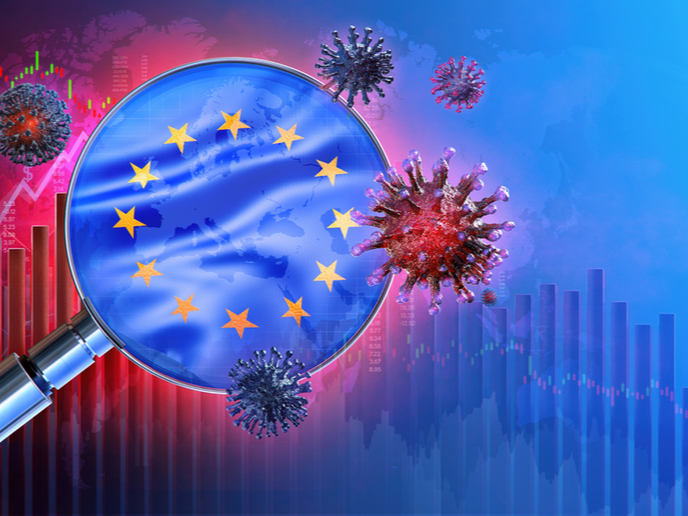Pandemic reveals how much Europeans trust their institutions
Trust is the glue that holds societies together. Without it, there can be neither progress nor well-being in a society. But under what conditions should people trust and rely on expert opinions that shape public policy? And what role does science play in policy decision-making? An online survey conducted by the EU-funded PEriTiA project is shedding some light on the matter in terms of the COVID-19 pandemic. The research was conducted by the Policy Institute at PEriTiA project partner King’s College London. Data was collected from over 12 000 respondents across 6 European countries: Germany, Ireland, Italy, Norway, Poland and the United Kingdom. The survey findings are outlined in two presentations, one discussing public attitudes towards institutions tackling the pandemic(opens in new window) and the other analysing public knowledge and misperceptions about COVID-19(opens in new window).
Public attitudes towards governments and scientists
The survey highlighted a worrying lack of public trust in governments in the countries investigated. When it comes to tackling the pandemic, most people think their government is motivated by building or protecting its own reputation (70 %) and making a lot of money (60 %). Only 49 % of people feel that their government is motivated by improving the lives of people like them. However, on a more encouraging note, 59 % agree that the government is motivated by the thought that people are counting on them. On this key measure of trust, Poland and the United Kingdom rank the lowest (at 47 % and 53 %, respectively), while Norway has the highest figure (66 %). By contrast, scientists dealing with the pandemic are viewed more positively across all six countries. For example, 70 % of people think that scientists are motivated by improving the lives of future generations, whereas only 53 % say this of the government. Overall, in all aspects, including competence, knowledge and honesty, people consistently rank the government most negatively, followed by the European Commission in the middle, and then scientists most positively.
Knowledge and misperceptions
When analysing public attitudes towards COVID-19, the researchers found that an estimated 7 in 10 people believe that almost all scientists agree that vaccines are safe. However, 33 % think their government is exaggerating the number of coronavirus-related deaths, and 12 % say they would never get vaccinated. People who are younger, less educated and more religious appear more likely to believe that coronavirus symptoms are linked to 5G network radiation. Policy Institute Director Prof. Bobby Duffy observes in a news item(opens in new window) posted on the PEriTiA (Policy, Expertise, and Trust in Action) website: “Despite the pandemic lasting much longer than many anticipated, this has not been enough time to convince everyone of certain established facts about Covid-19 and the response to the virus. Across both the UK and other European countries included in this study, there is a stubborn minority who still question not only the scientific consensus on vaccine safety but also government reporting of Covid deaths, while around one in six still believe the debunked conspiracy theory of a link between 5G and coronavirus. Building trust in expertise, so that people are able to recognise and accept reliable information, is crucial during a public health crisis and should be a priority for policymakers and scientists if we’re to better deal with the threats of the future.” For more information, please see: PEriTiA project website(opens in new window)



